*** Trigger Warning – This post deals with sensitive subjects that some people may find upsetting, namely child death and baby loss. If you are affected by any of the topics in this post please click here to find support services***
Being a dad living with PTSD is hard, and far too often it encroaches into my family life. It impacts the way I interact with my wife and children. But I have found ways to cope – and I’m sharing my story to help other dads find mechanisms to cope too.
I have worked hard to implement coping mechanisms and mindfulness – to try and bring myself back to the rational when the PTSD rears up. But there are still times when the rational escapes me.
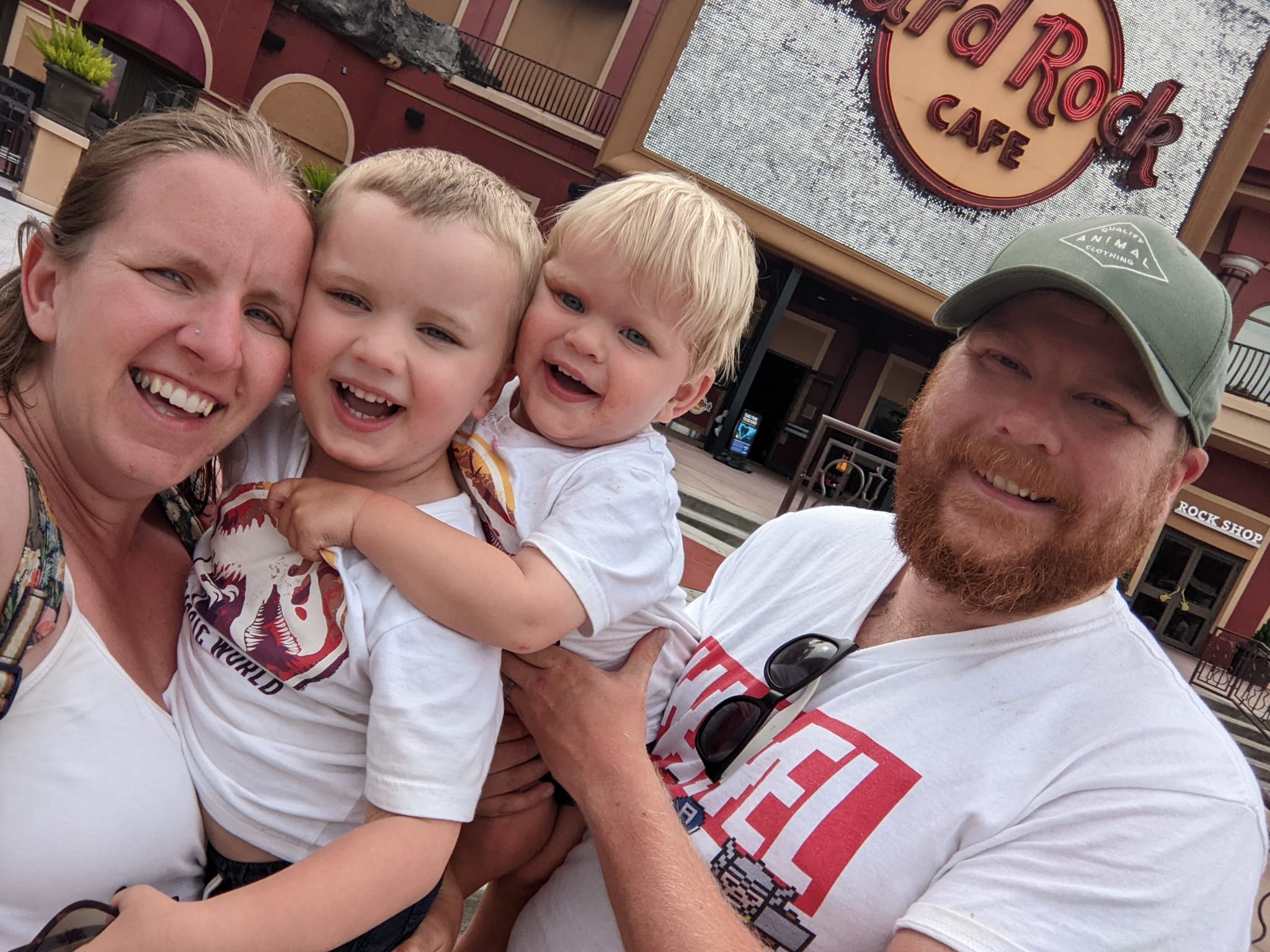
Before we get into the post, I will start by saying the support I have is amazing; my wife is phenomenal. The level of understanding she provides when PTSD takes control is nothing short of heroic. There are times where she must have felt like a single parent. Or felt as though she had 3 children – two young ones and an adult one! Yet at no point did she make me feel like I was a burden or unloved. That’s not to say this isn’t a partnership. My wife has her own struggles and when she falls I am right there to pick her up too. This is key to us working well together.
Having a Job Where Witnessing Traumatic Events is Inevitable
I have been a Police Officer in 2 different forces in two areas of the country. I joined young and these were definitely formative years for me.
Part of being a police officer is dealing with events that most people would find traumatic. Although we have training to deal with those events in the moment, we don’t always know how to deal with the aftermath. Throughout my career I have had three experiences in the police, and one in my personal life, that have led me to develop PTSD,
Those incidents were:
Blood to Blood Contact
In 2016 was involved in an incident that ended in me having blood to blood contact with an individual alleged to have HIV. I was on a night shift when they incident happened. I went straight to my parents house and I arrived putting on a brave face but scared. Without hesitation my Dad was there for me, bundled me into the car to my appointment that morning. He listened, made me laugh and comforted me, this was the Dad I wanted to be – one that is there for his kids no matter how old they are. I was prescribed Post Exposure medication which made me consistently unwell for a month. Luckily, I didn’t contract HIV but I was unwell for over a year.
Attending a Child Death
One morning on briefing the air stood still. There are two things that will do this in a Police Station; an officer is down or a child has died. This was a child death. and attending them never gets easier. I knew the whole team had young children and this would be harder on them. My son hadn’t been born yet so I volunteered to go to save them from the trauma. But I had underestimated the impact this incident would have on me. It took place in a pub and when we got there the ambulance crew were working on the child. My heart sank as the end result was clear. We knew it and so did the parents, it was devastating.
The child was taken to hospital and the scene cleared, all of a sudden I was on my own. I found an area I couldn’t be seen and I cried, I cried for the child and the family. I kept thinking about my unborn baby and how that day my wife was having her baby shower. The competing emotions were too much. I got home before my wife that day, she found me in bed, crying. Having to explain why was awful for both of us. She supported me though, listened and understood. I had no idea what a lasting impact that day would have on me.
Losing a Baby
While on Holiday in Texas expecting our second child, tragedy struck, and we lost our baby. Trying to support your partner through this is always going to be awful, and the impact on them is unexplainable. I will always remember leaving my wife sat on the tiled floor of the hotel bathroom to get medicine and water.
I felt helpless, we knew what was happening and there was nothing we could do. When we came back to the UK, my wife had complications. I had been deployed to an event on the South Coast when my wife went into hospital for treatment. There was no way to get home and nothing I could do. Again left helpless and unable to support her. Luckily everything went well and we managed to conceive again relatively quickly.
Child in Cardiac Arrest
The last final traumatic experience was when another devastating call came in. “Child in Cardiac Arrest”… I felt everything drain away. I was a sergeant now running my own team, I deployed as few officers as possible and went myself. We all did CPR on the child while managing the scene. To this day it is the most horrific and harrowing experience of my life. Despite doing everything we could, we sadly couldn’t change the outcome and lost the child. We all went back to the station, sat together, we talked, and we cried. We did everything we could to support each other. All of us ended up affected by this incident in our own ways.
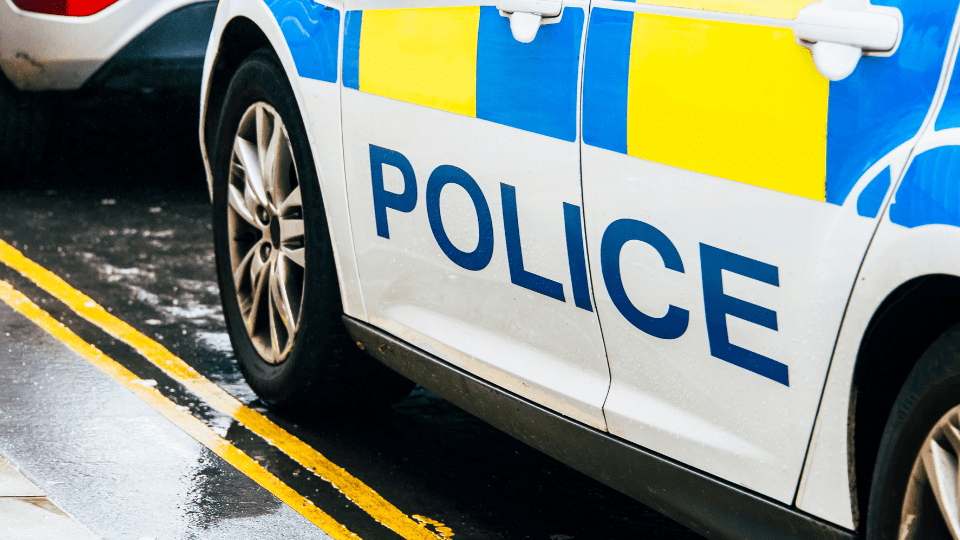
Realising I was Experiencing PTSD
PTSD for me was a slow build. When our first son was born, I was so happy. We’d had an easy pregnancy and relatively straightforward labour. And now we had this beautiful baby boy! I would get up and check on him more than the average in the night, but it wasn’t anything I couldn’t handle.
But each incident changed me, and after the last one, my demeanour started to change at home. I wasn’t engaging with my family as much. I became withdrawn and grumpy. While also feeling an immense guilt that I was wasting this opportunity when others had lost children. I stopped being excited about the impending arrival of our second child and started to get paranoid we would lose the baby. Sleeping got harder and, if I did sleep, I had nightmares that my son had died. When I woke, I would either immediately go into his room and watch him sleep for hours. Or I would lie in bed frozen by fear not wanting to go in just in case I found him and there was nothing I could do.
2 weeks later I was putting the washing away and I broke down. My son was playing in the bath and I ran in, held him, and cried. I felt as though I had lost him, just for a second. Why? I had folded up the same T shirt the child was wearing when we did CPR, it triggered a visceral response.
My wife did everything she could to support me as a dad living with PTSD. She was always there when I needed her, or not there when I needed space, with no pressure at all. But I realised that I needed to get some professional support to help me through.
Being a Dad and Getting Help with PTSD
Knowing I was in need of help, I spoke to my senior officers at work and told them everything I was struggling with; I was constantly in fear that another child death was going to come over the radio replaying everything that happened and intrusive thoughts about what could happen.
I was moved to a role which wasn’t as forward facing in management of incidents, And they referred me to counselling through Police Charities and the Police Federation. Luckily, I was able to have these sessions in work time which meant it didn’t impact my time with my family, but I was still getting the support I needed. The counselling I received, went on to be the biggest help on my journey.
Counselling taught me some great coping mechanisms for living with and managing my PTSD. Here is what I’ve learnt :
- Learn to identify your feelings. Where they come from and how to mitigate them. This felt like a huge ask at first, sometimes I had many feelings at once that were overwhelming. I had to learn to separate the feelings out, realise what they were and why they were there. Once you can name what you’re feeling, you’ve taken the first step to working through it.
- Let yourself feel your feelings. This is really important as we can often try to push away our feelings or be judgemental towards ourselves when we’re struggling, which is ultimately going to make things worse. Now I tell myself my feelings are valid and will pass.
- Use Mindfulness techniques to ground yourself back into the present. Whether you use breathing techniques, have a physical anchor (this can be as simple as pressing your feet into the ground to feel the physical sense of it being solid underfoot, or it can be an item you carry with you to hold when you need it). Different techniques work for different people. So it is important to go through the trial and error process to find what works for you.
- Regular sleeping patterns can really help you to manage your intrusive thoughts and other symptoms of PTSD. Getting a good amount of sleep on a regular schedule can really help me to manage the symptoms of PTSD.
- Try meditation. At first I wasn’t sure about meditation, I didn’t know if it would really be for me. But it has really helped me to ground myself and manage my symptoms. There are loads of meditation sounds and videos on YouTube or Wellbeing Apps, and I found using them and taking time to centre myself and thoughts regularly really helpful.
- Medication, although I decided not to take medication for PTSD, it is something that is helpful to a lot of people. I have had good experiences taking anti-depressants in the past, and there is no shame in it at all, I simply wanted to try other ways of managing it first. Luckily for me, the counselling, meditation and mindfulness have really helped me. But, I am also open to taking medication should my PTSD become less manageable to me in future.
- Give it time. There isn’t a cure for PTSD, it won’t go away overnight, but in time you can learn to control your mind and manage the thoughts you have. Be patient with yourself and allow yourself the time to try different techniques until you find the ones that are right for you.
How Do I Cope as a Dad Living with PTSD?
My second son was born on the day we went into lockdown; when you are a dad living with PTSD focussing around child respiratory deaths, having a child in the midst of a global pandemic is not ideal. I was straight back to panicking and waking up in the night to check on both kids. But now, I understood my behaviours and that they weren’t irrational. I had the tools this time to affect my own behaviours, I spoke to my wife so she understood and being able to manage this meant the effects didn’t last anywhere near as long.
Something that impacts me as a dad living with PTSD is getting overwhelmed with large amounts of noise. Having a 2 and 4 year old and coping with that can be tricky! Sometimes I still snap at them and get the familiar feeling of guilt leading to intrusive thoughts but I can manage this now.
I don’t hide being a dad living with PTSD from my children, it’s a part of our lives now. Telling my kids when I feel ‘overwhelmed’ or that I am feeling ‘sad’ and it’s ok to feel sad has improved our relationship over time. I hope this will help them in to be open about their own experiences in future, and that they’ll be able to understand any memories they may have of me not being present or struggling with my PTSD.
I haven’t written this to put people off of Policing, quite the contrary, would I have done all this again? Yes, in a second. I can be proud of the fact that on the worst day of those families lives we were there, we did everything we could and maybe made that moment a fraction easier.
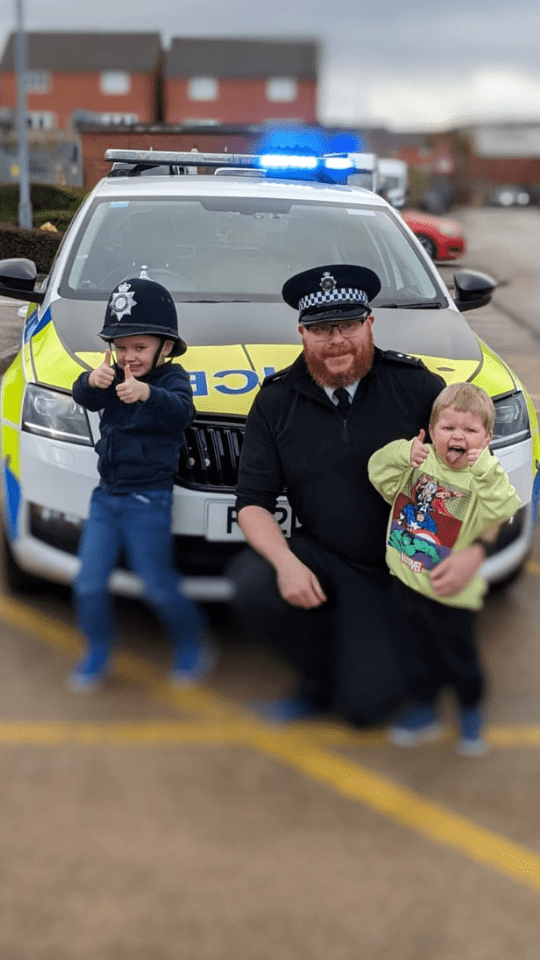
One Final Piece of Advice
Don’t hide away and think nobody cares or is willing to understand, more people out there than you think will have had similar experiences and are looking for someone to talk to. Family and friends will have noticed a difference and ill be waiting for you to talk to them! Talking to our peers can help you both. Look to understand what makes you feel the way you do and how you can use techniques to bring you back to the moment.
For me all the work to keep myself level is for one goal, to be there for my family. Setting a goal of where you want to be is hugely important but so is setting a realistic timeframe of when to get there.
Are You Looking for Help as a Dad Living with PTSD?
If you’re looking for support as a dad living with PTSD, you should try talking to your GP to look at options for treatment.
You can also find support through our Getting Help page. Or visit Hub of Hope, and enter your postcode to find support in your local area. You can visit Mental Health Foundation – the creators of World Mental Health Day for more great resources.



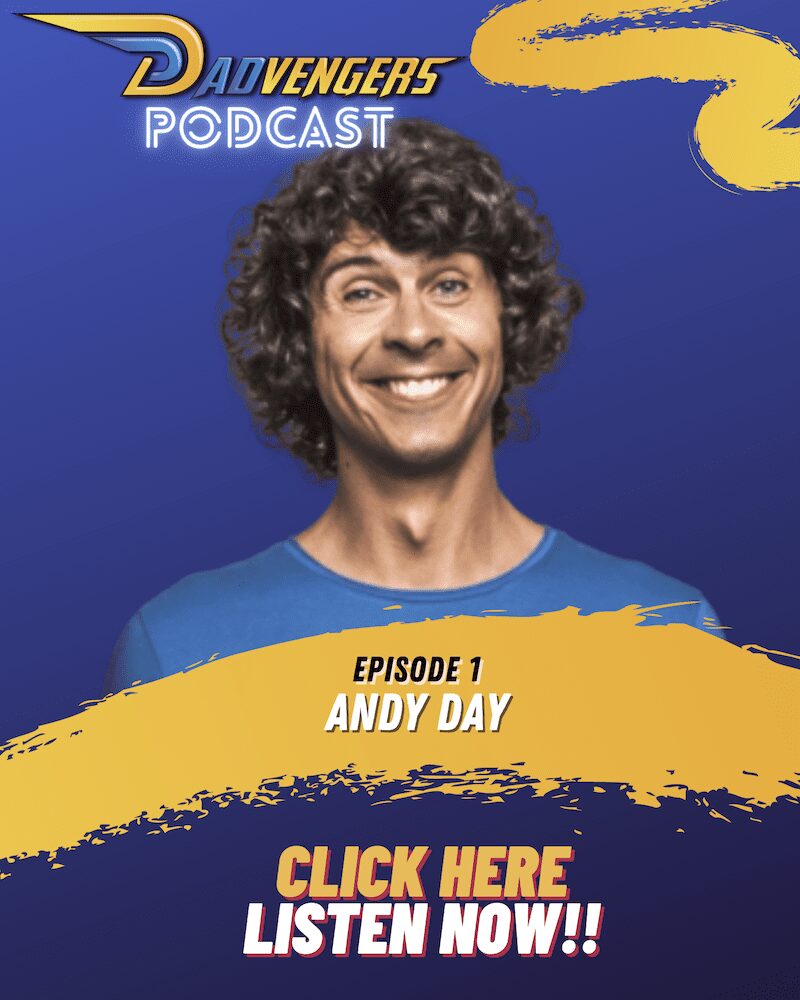
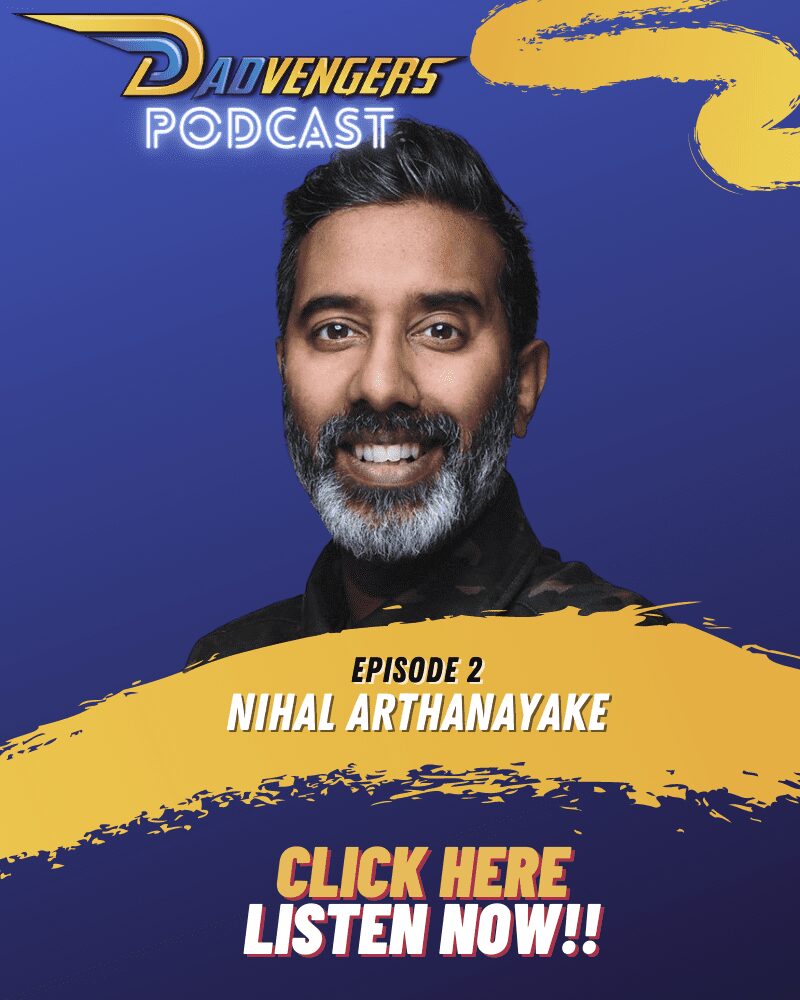
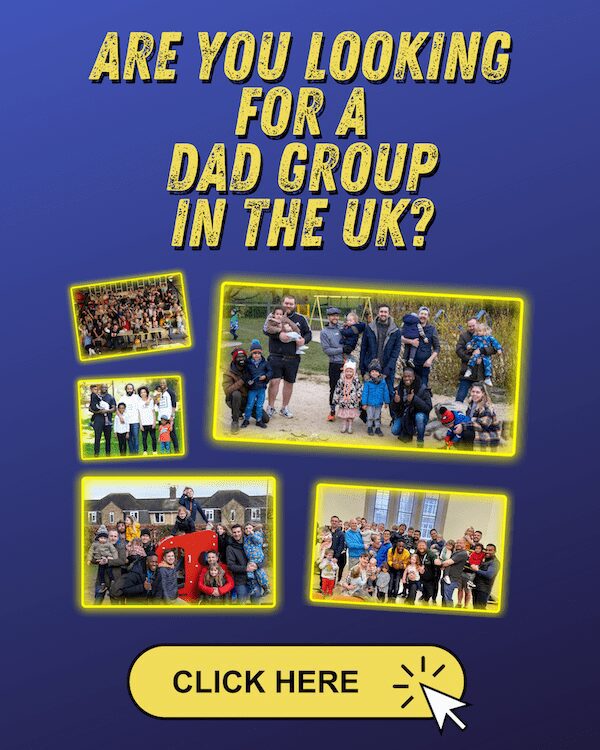
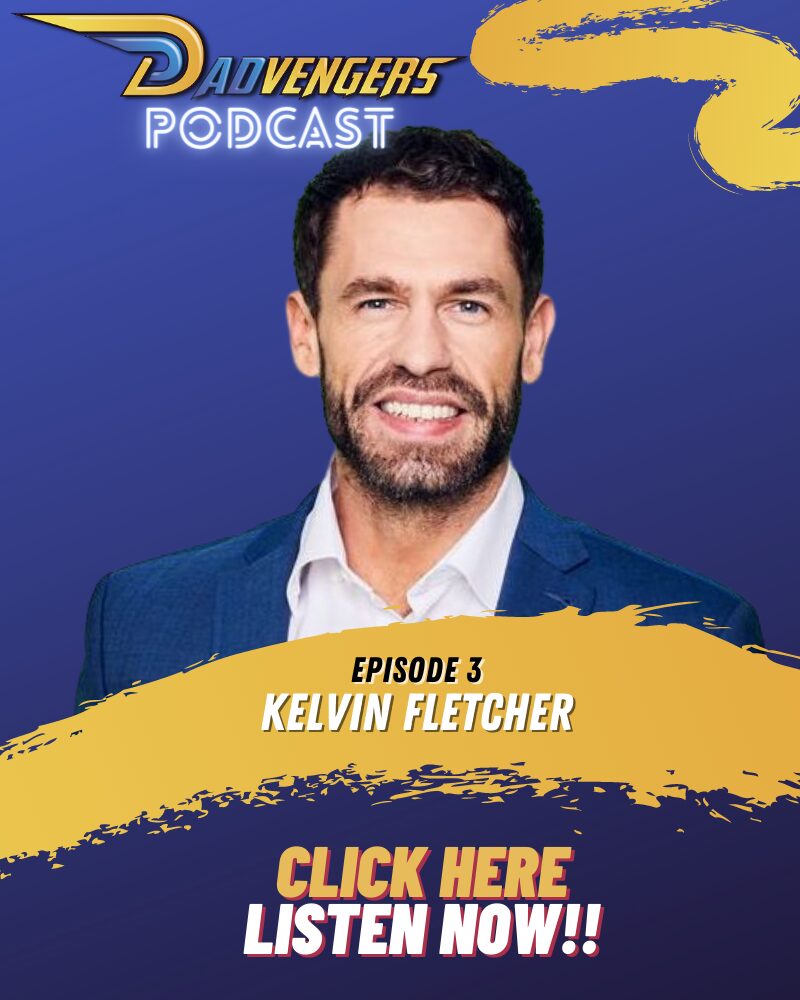
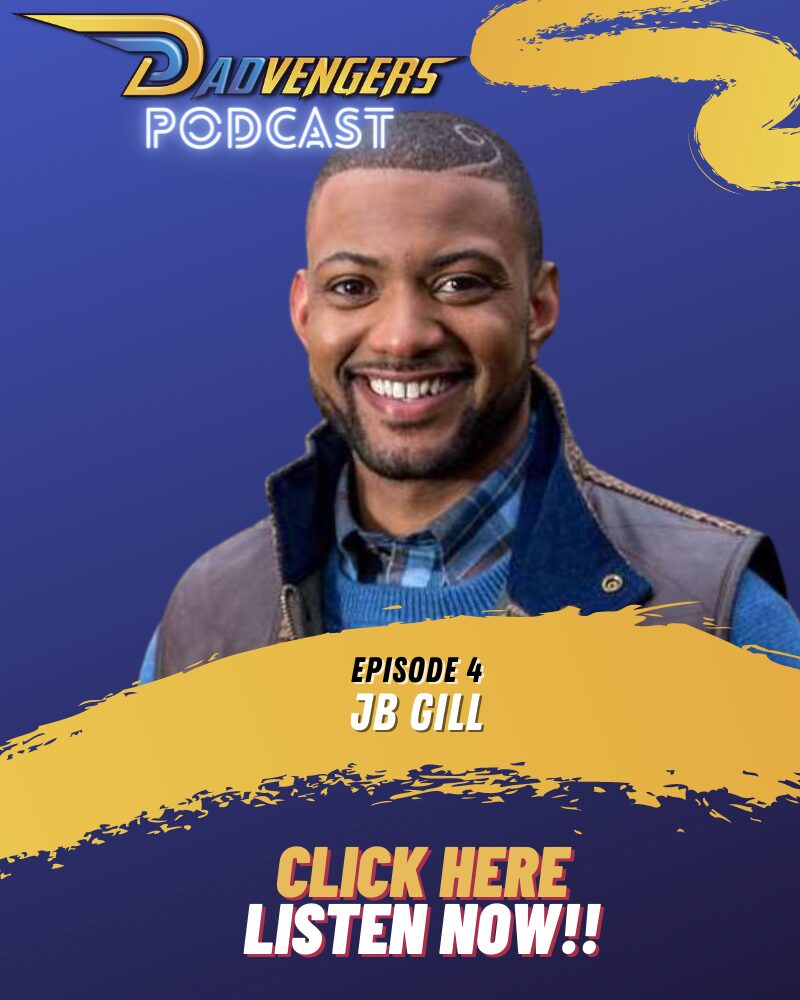
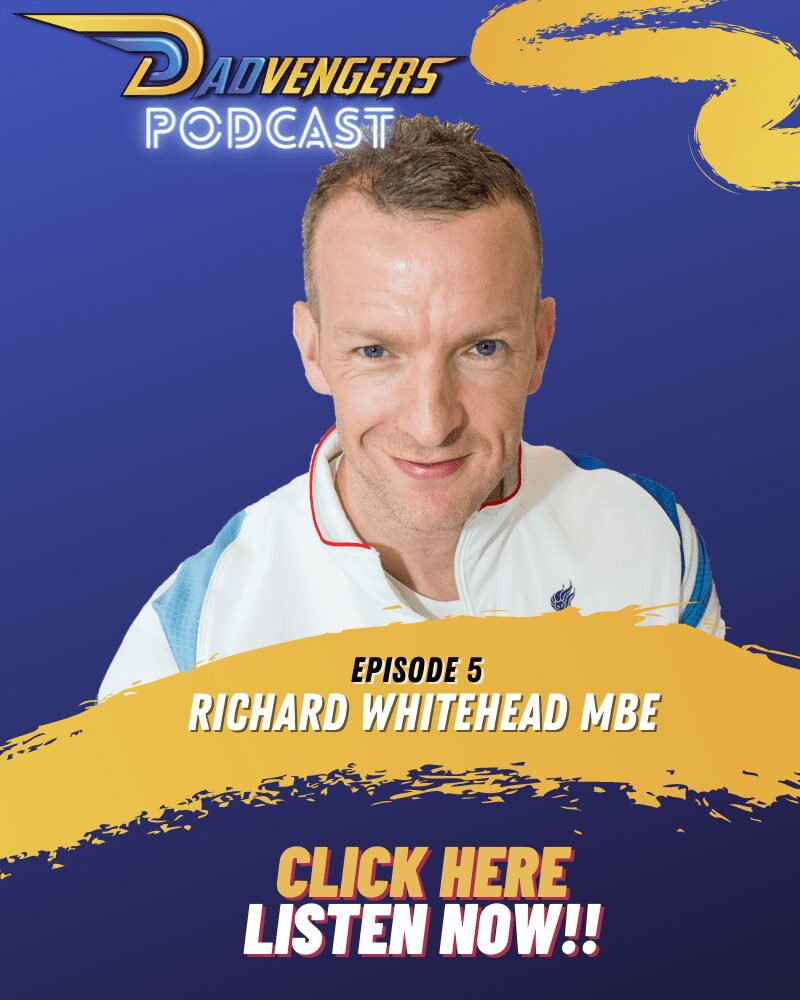
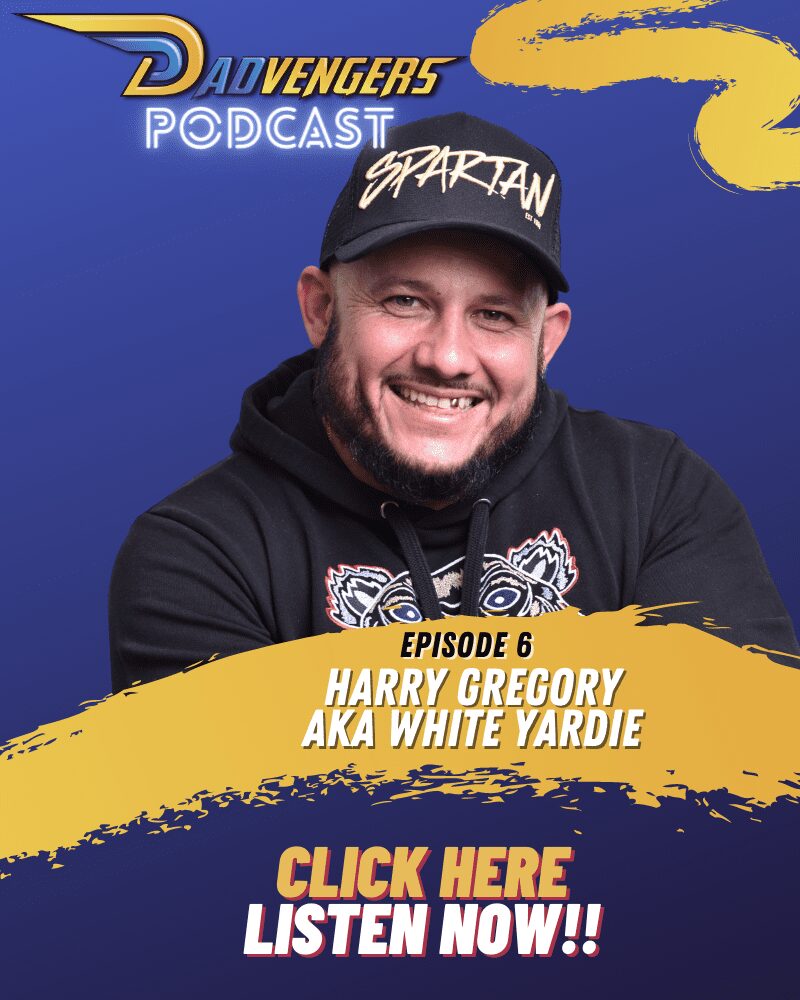
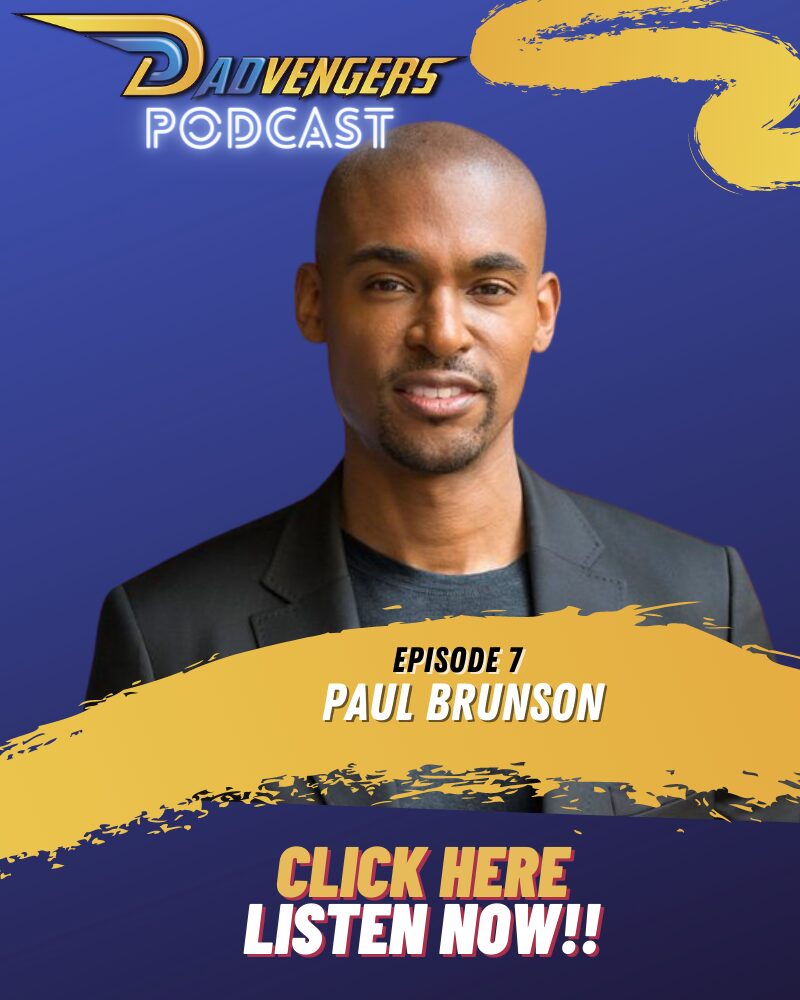
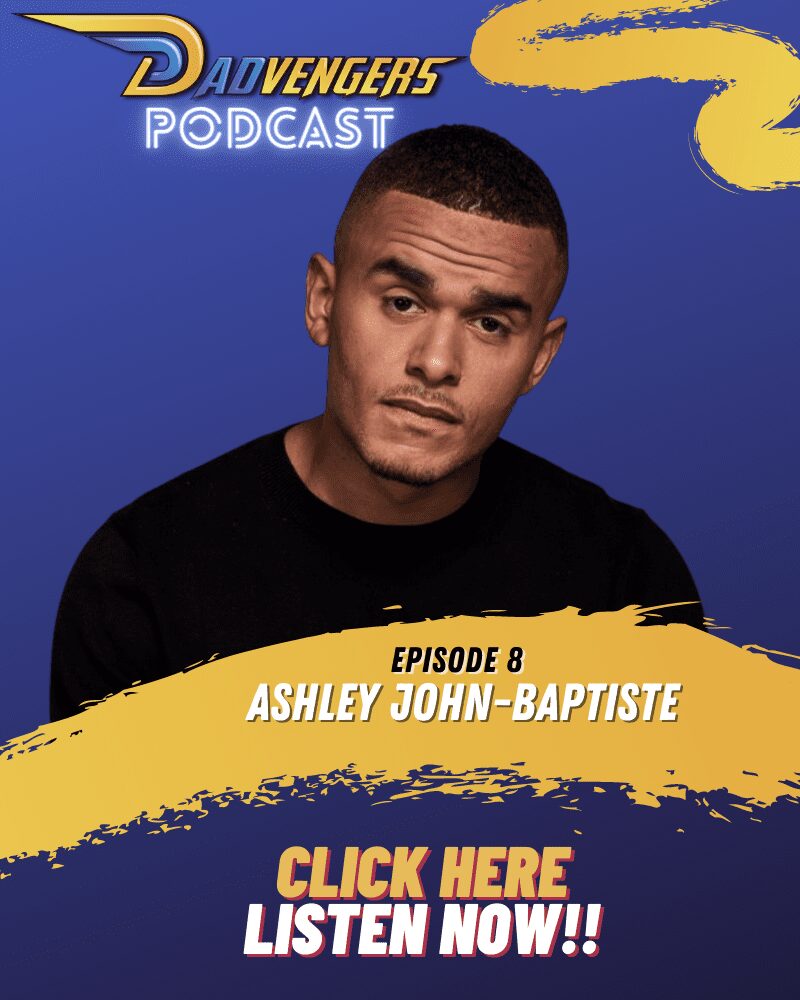
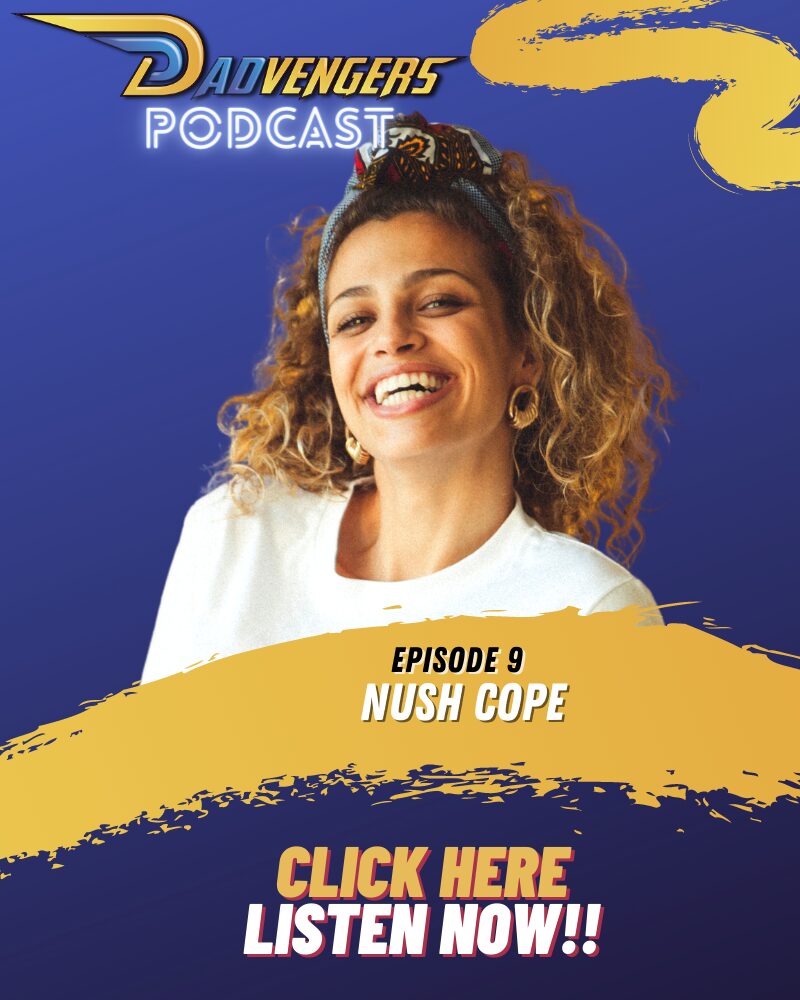
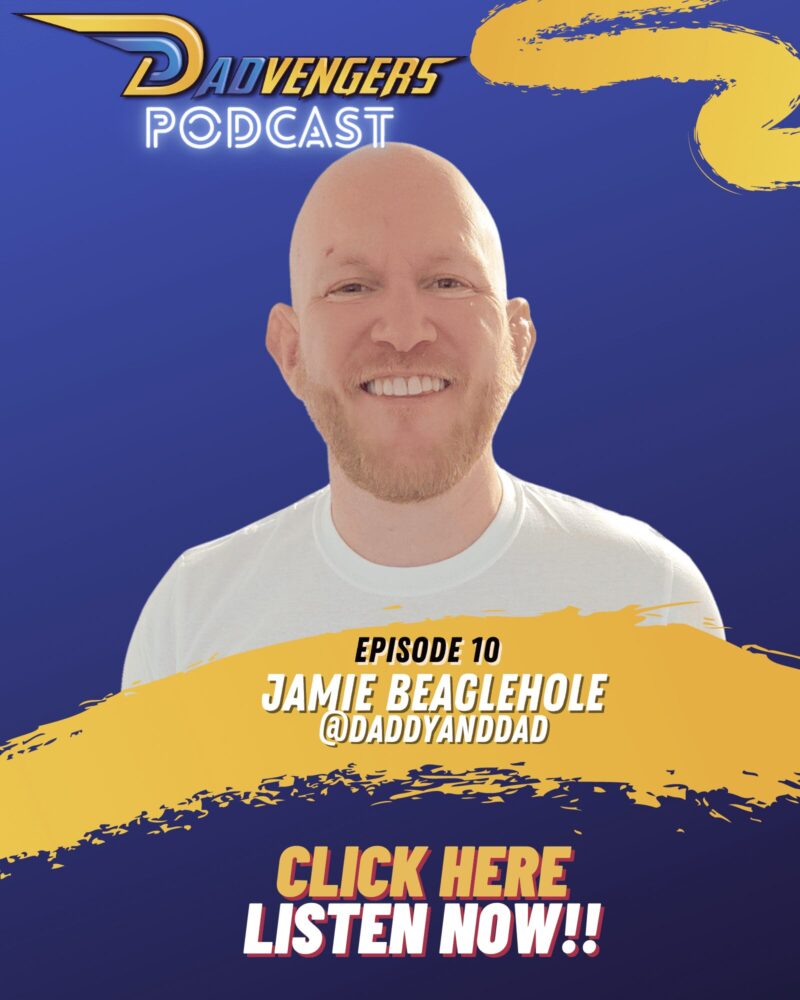
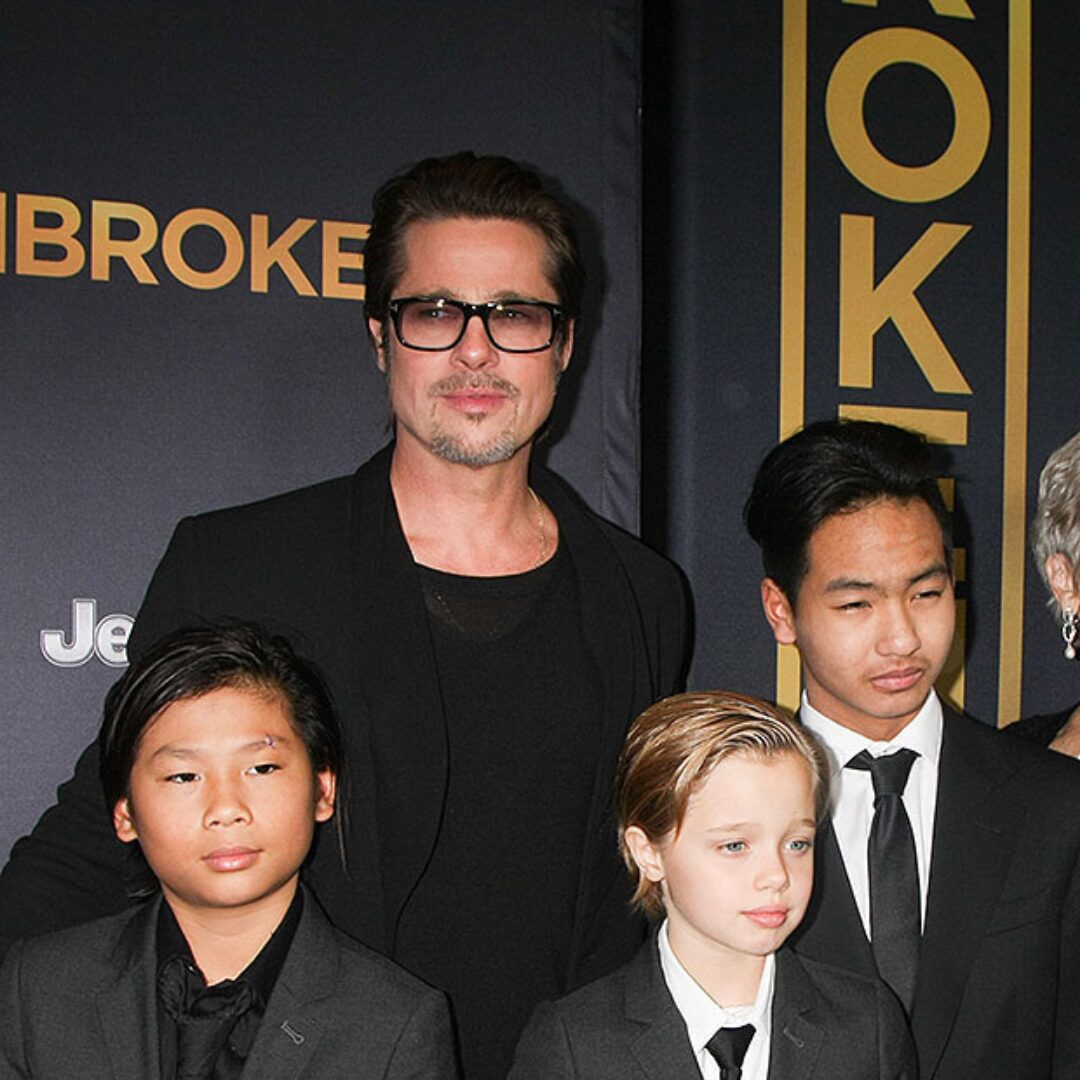
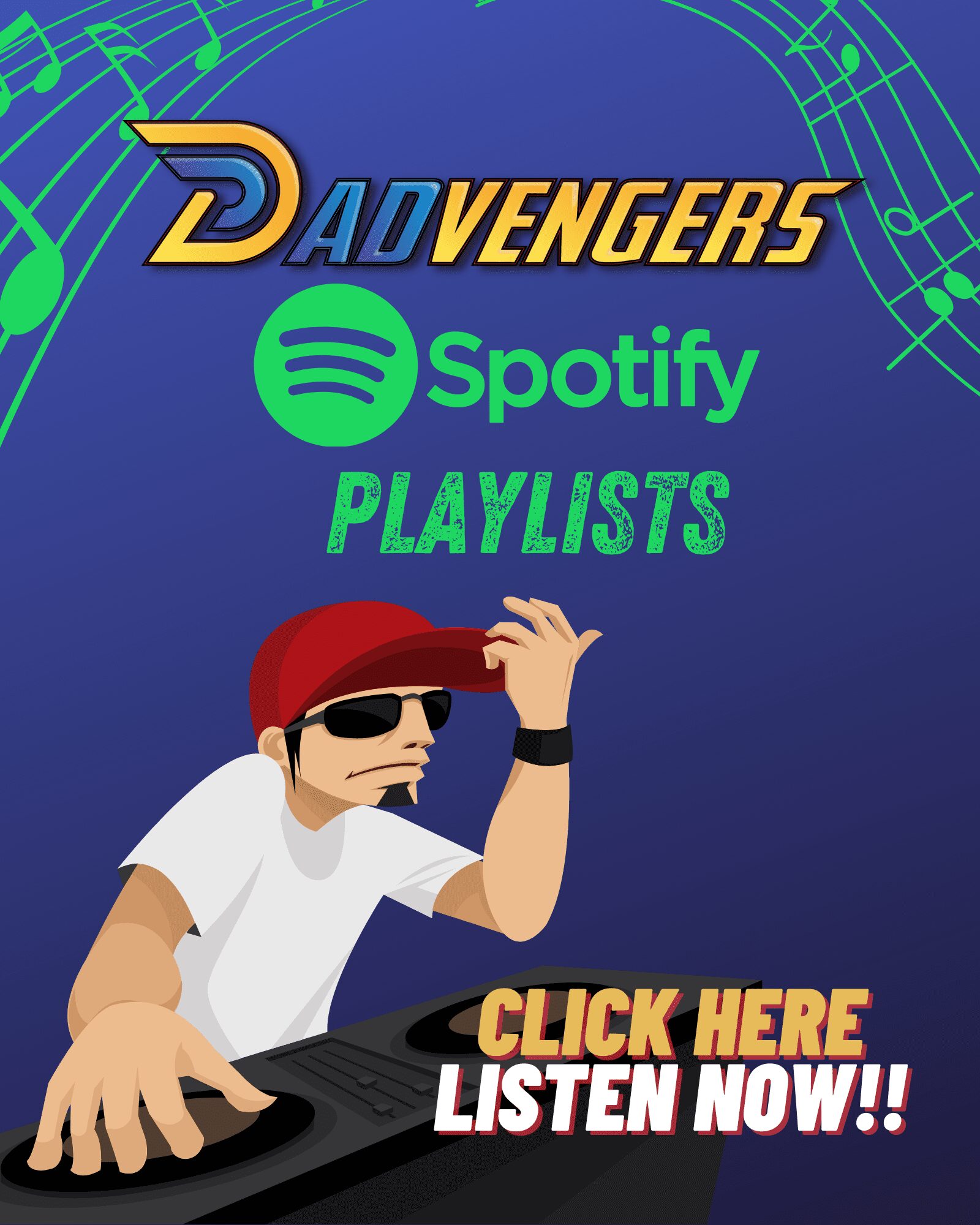


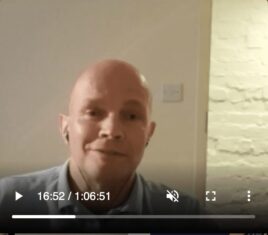
Great article Ollie, and thanks for sharing your story and advice. I’m an ex soldier with PTSD and have two young boys 3, and 6. I was looking for a book or some advice around parenting with PTSD and found your article. Keep up the good work and all the best.
Hi Chris,
Thank you for your comments, I’m glad that while you were searching for advice this was available to you. I hope it was able to show you there others out there dealing with PTSD and trying their best to raise our kids the best we can!
I hope you find your way of coping and as I said in the article, never be afraid to ask for support! Ollie